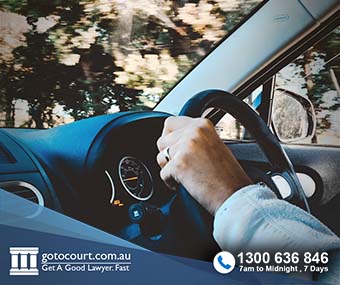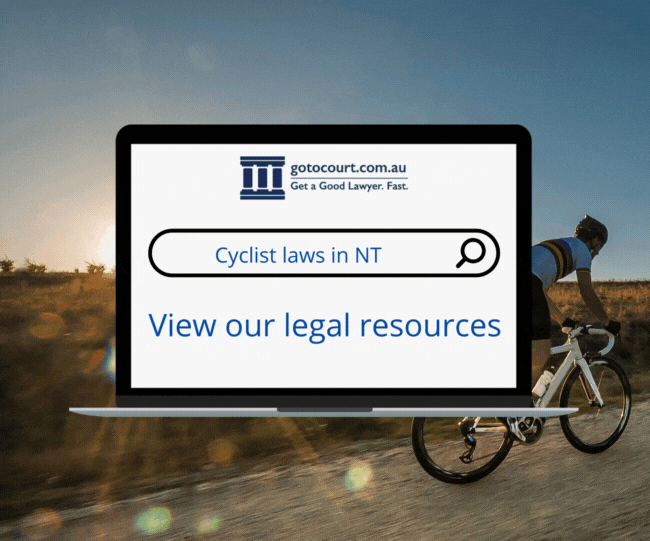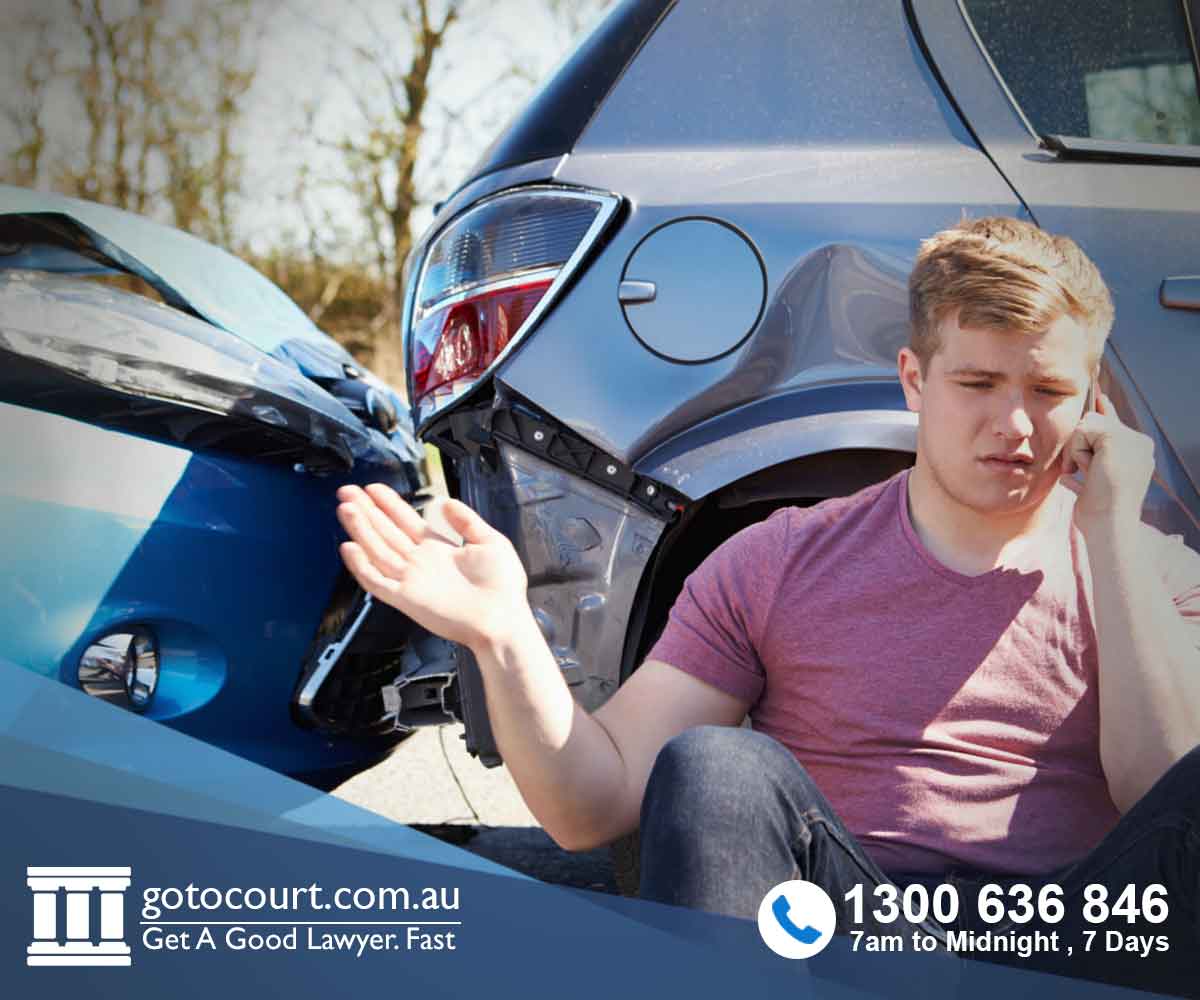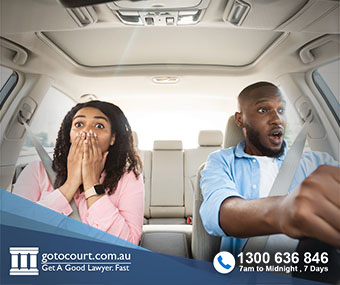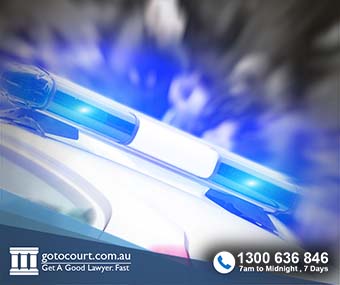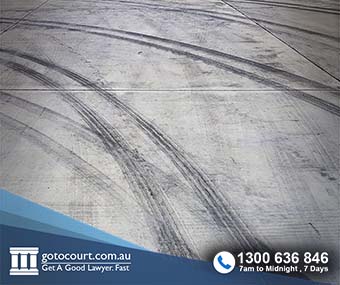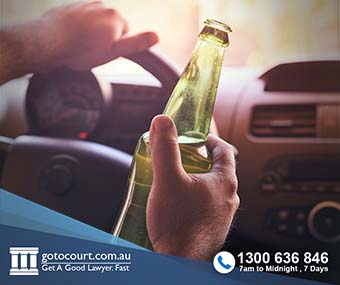Traffic Accidents in the Northern Territory
Road accidents can occur due to a number of factors; fatigue, speeding, poor road conditions and low visibility are just a few. Traffic laws in the Northern Territory are governed by the Traffic Act and the Traffic Regulations. As a driver, you must never simply drive away from the scene of an accident, as this may have serious consequences, such as charges being laid against you by police.
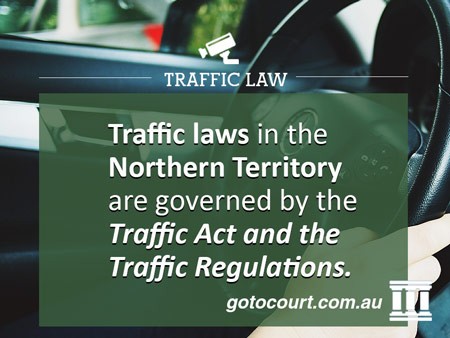
rn
Under section 19 of the Regulations, the main duty of a driver involved in a crash which results in injury to a person or damage to another person’s property is to make sure they stop at the scene of an accident. It is not relevant whether the person was at fault or not or directly caused the crash. They must allow any other people involved or affected by the accident to make reasonable enquiries regarding the crash. The driver must also provide any assistance they can at the scene of the crash. Failing to do so may result in the driver being convicted of an offence.
rnrnrnrn
More generally, drivers must also ensure that passing motorists are not affected by the crash, for example, by putting their hazard lights on to warn of the crash area and/or moving the vehicle to the side of the road. These responsibilities do not apply if it would place that person, or someone else, in danger.
rnrnrnrn
Further, they must provide their name and address to the nearest police station as soon as practicable (obviously this does not apply if a police officer attended the crash) however no later than 24 hours after the crash, as well as the details of the owner of the vehicle and their address (if the driver was driving someone else’s vehicle). The information given to police must be correct and not misleading or false. It is an offence to provide a misleading or false statement to police , which attracts a penalty of up to $14,900 penalty units or 6 months imprisonment.
rn
rn
Under Part V of the Traffic Act (NT), it is an offence to drive a vehicle under the influence of drugs or alcohol. Often when a crash has occurred the police will wish to take a sample from the driver of a vehicle to see if they have been affected by alcohol or drugs. This is done in a number of ways; under the Act breath testing, saliva testing and blood testing are all permitted. The police can require someone to submit to a breath test if they reasonably believe that person has been involved in a crash on a road, road-related area or public place, but they must do so within four hours of the person being pulled over.
rnrnrnrn
The police can also require a saliva test to prove if the person took a prohibited drug. Again, this must be done within four hours of being pulled over by the police. If the person, because of injuries believed to be sustained in the crash, goes to a hospital or health centre for treatment, they must also consent to a blood sample being taken, as long as the sample was taken within four hours of the person being taken to the hospital/health centre and /or 12 hours of the crash occurring.
rnrnrnrn
The maximum offence under the Act for not complying with the requirement to give a sample is 10 penalty units or imprisonment for 12 months for a first offence and 20 penalty units or imprisonment for 12 months for a second or subsequent offence.
rn
rn
In any event, drivers and witnesses to traffic accidents should be careful to note the details of the accident. These details could include
rnrnrnrn
- The time of day (or night), the conditions of the road and surrounding areas,
- The position and condition of the vehicle (or vehicles) involved
- The people involved and;
- Whether any of them are injured, whether drivers, passengers or bystanders.
rnrnrnrn
These details are important, for example, should an injured person wish to make a claim under the Motor Accidents (Compensation) Act 1979. Accidents and crashes can also give rise to civil claims in the courts if personal injury or property damage was caused. This is a separate issue from whether road rules were broken and/or criminal charges were laid.
rn

